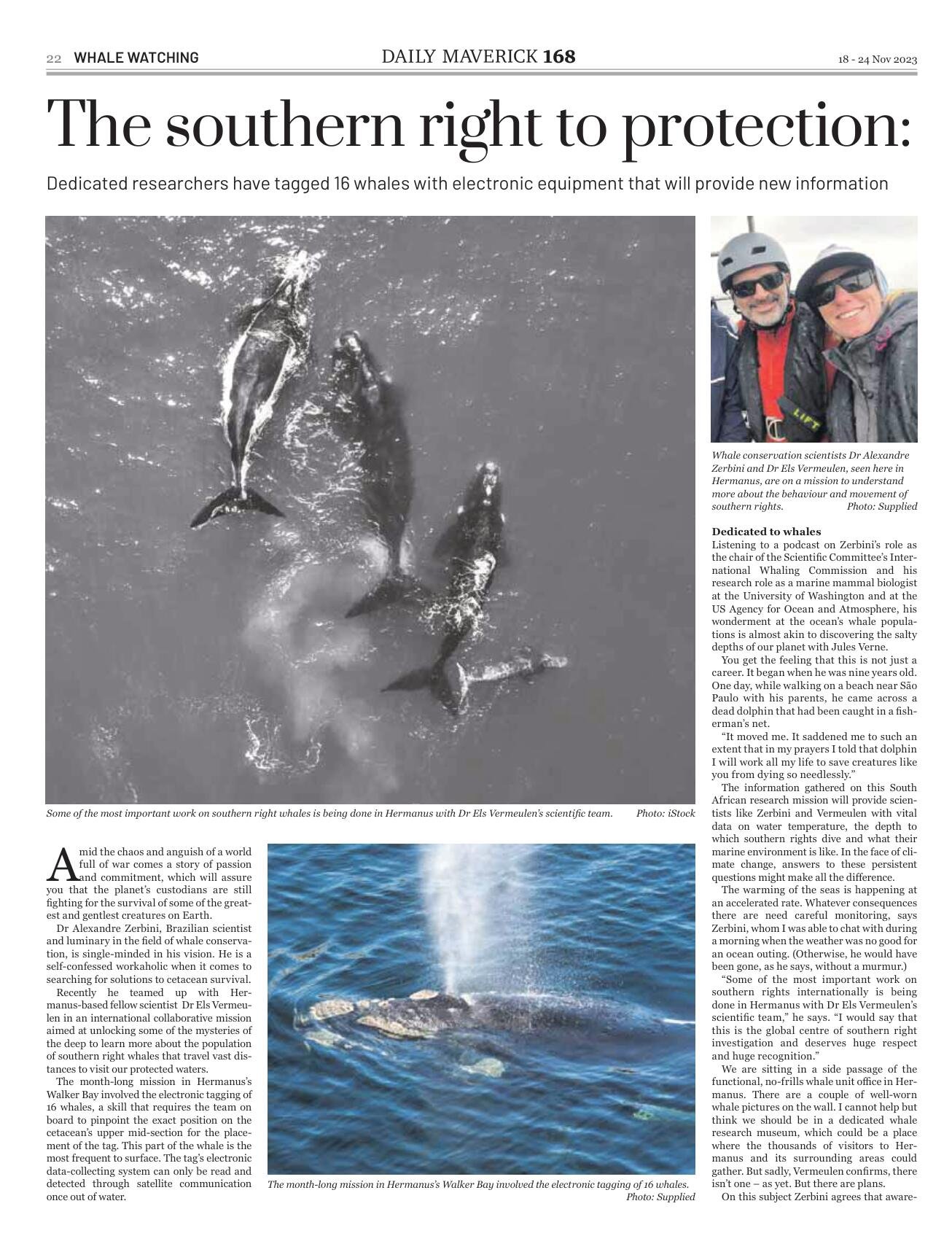In 2025, a groundbreaking study funded by the Oppenheimer Chair for Emerging African Scientists in Non-invasive Wildlife Research will commence at Bwindi Impenetrable National Park (BINP). This pivotal research, led by Dr. Aduku Gloria Naome from Conservation Through Public Health (CTPH), Uganda, and Prof. Andre Ganswindt from the Mammal Research Institute at the University of Pretoria, South Africa, aims to assess the potential physiological stress experienced by mountain gorillas (Gorilla beringei beringei) due to tourism and other human activities.
The study will involve the non-invasive collection of faecal samples from identified gorilla groups across four sectors of BINP. By analysing stress-related hormones during both high and low tourism season, the research team hope to gain a deeper understanding of how these endangered primates may be affected by human-induced pressures.
Mountain gorillas, found exclusively in two isolated forest fragments in central-eastern Africa, are a rare conservation success story. Their population, which numbers just over 1,000 individuals, lives in the Virunga Massif and BINP. Since the introduction of gorilla-viewing tourism in BINP in 1993, there has been a significant increase in tourist visits. This initiative aimed to generate revenue for conservation and local community projects, while also providing protection for the Bwindi forest.
However, the rise in tourism has led to increased contact between humans and gorillas, intensifying the transmission of diseases and parasites. Despite the benefits of tourism, this interaction presents a substantial threat to gorilla health and survival.
This exciting study will be crucial in evaluating the potential impact of tourism and other anthropogenic activities on mountain gorillas. By focusing on stress responses and disease transmission, this research aims to enhance our understanding of the challenges faced by these remarkable animals and guide future conservation efforts in the field.






















